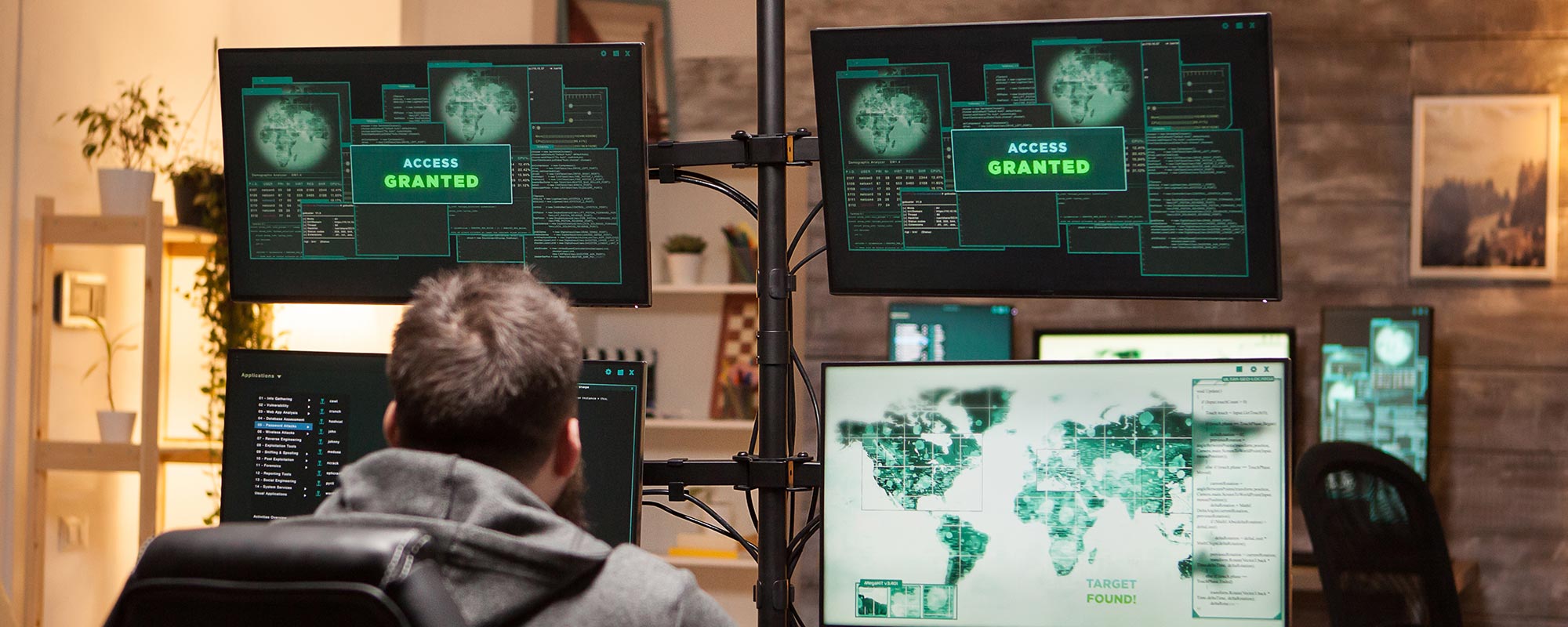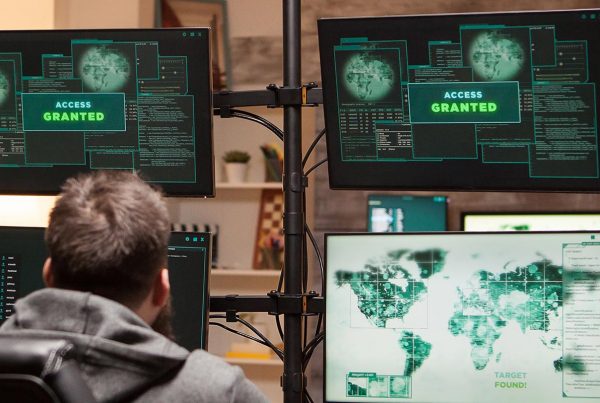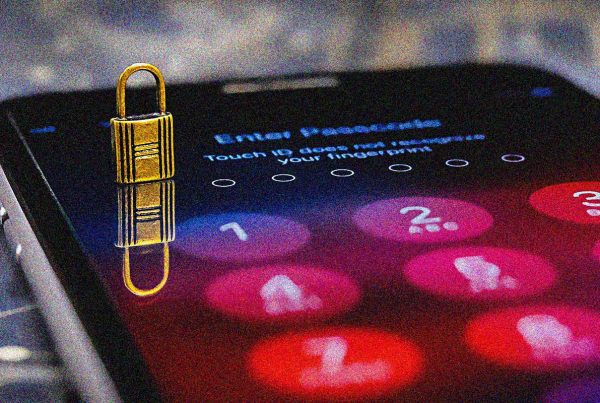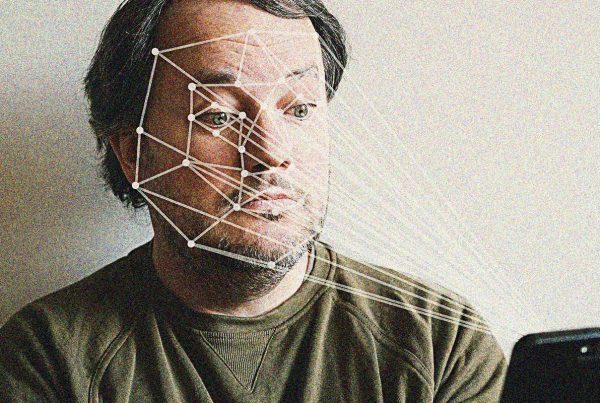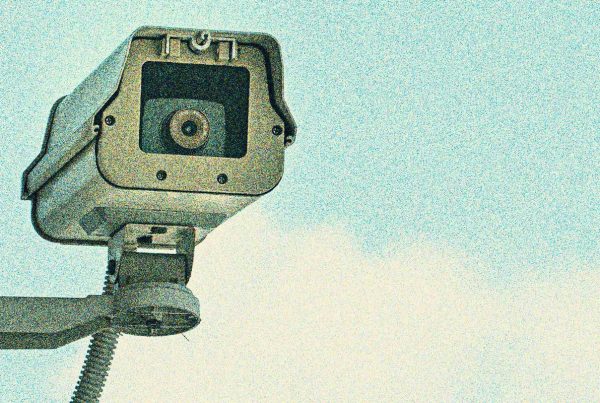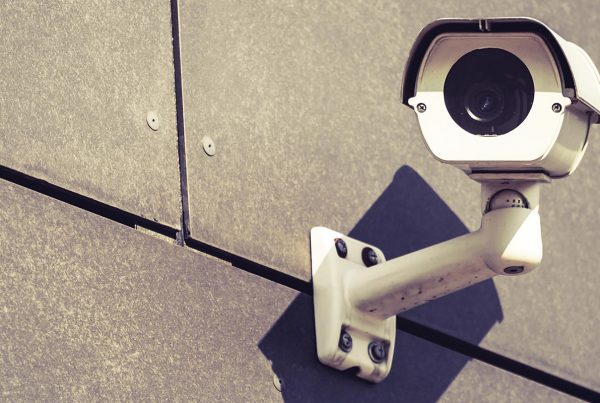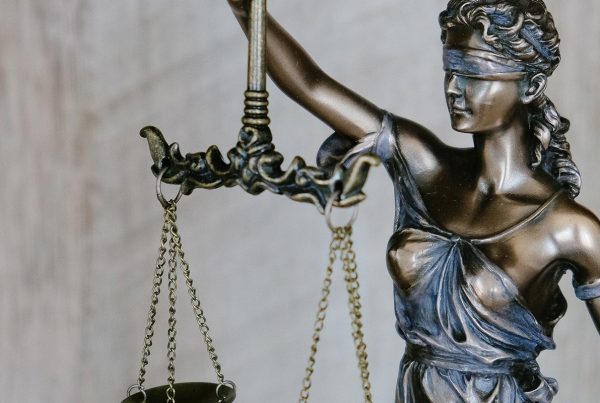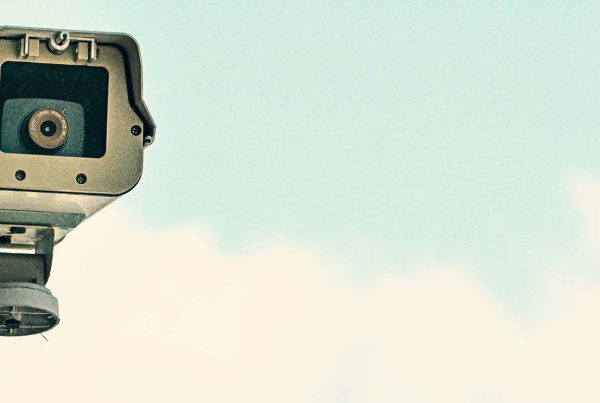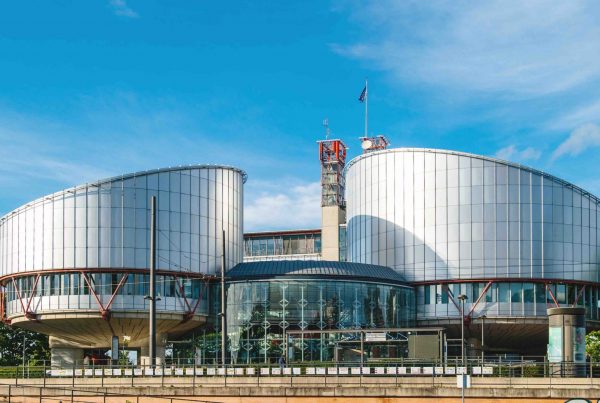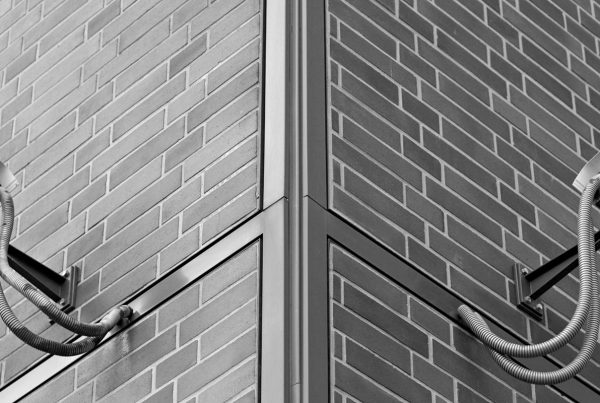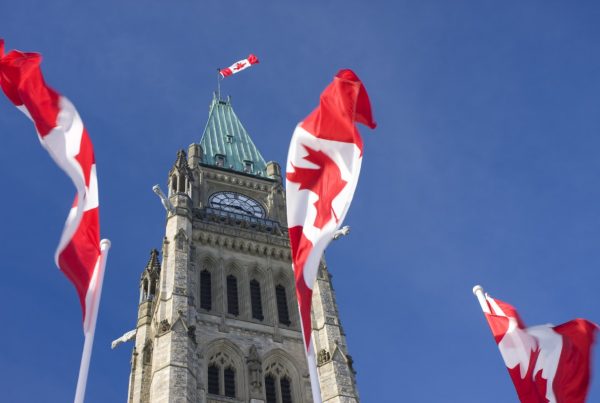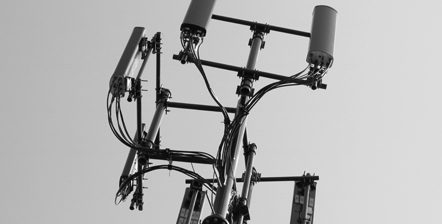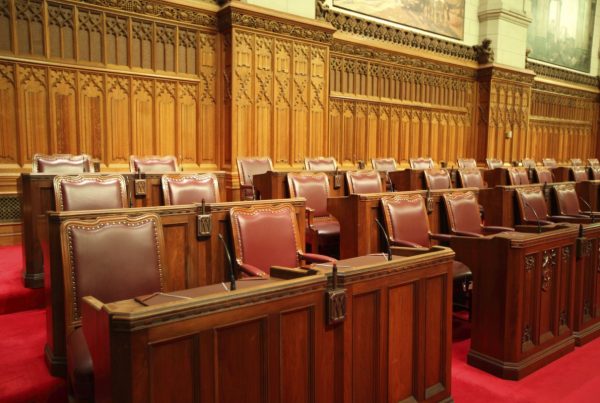CCLA rejects pitting security against human rights and civil liberties; rather, we believe that civil liberties and human rights are prerequisites for effective security and public safety, not impediments.
The ways national security agencies are allowed to operate, in Canada and around the world, affect us. The mandates our intelligence agencies are given, the way information is collected, the way that terrorist suspects and terrorist speech are defined, and the way those suspected of terrorist offences are treated before proven guilty, matters to ordinary people. It matters because it affects our right to privacy from intrusive state powers. It matters because it affects our rights to freedom of expression and protest. It matters because it affects our rights to due process under the law. And fundamentally, it matters because it affects the nature of our relationship as citizens and residents of Canada with the government, and within our democracy.

